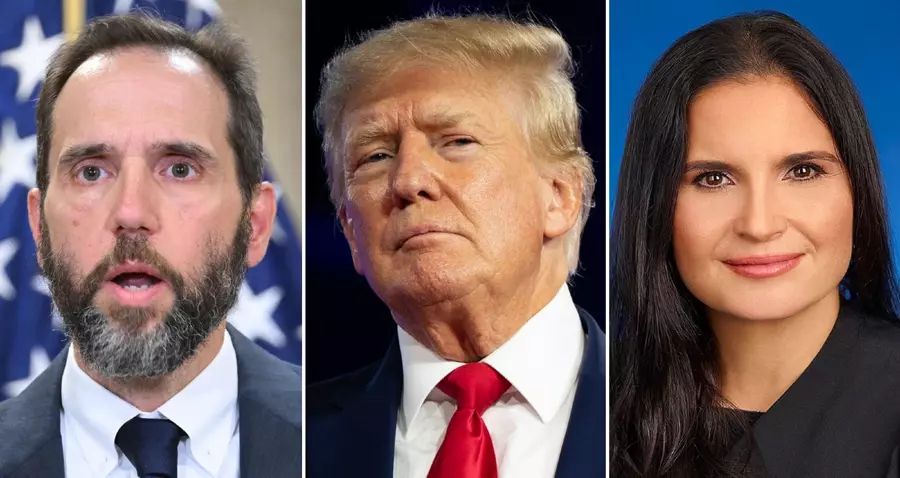In a recent development, U.S. District Judge Aileen Cannon has dismissed the charges against former President Donald Trump and his two codefendants in a case alleging that Trump mishandled confidential government information after leaving office. The decision comes from a 93-page ruling where Judge Cannon approved Trump’s request to have the indictment dismissed because special counsel Jack Smith, who brought the accusations against the former president, was appointed and funded illegally.
The charges against Trump included hindering the Justice Department’s investigation and handling secret documents, leading to forty charges in total, as reported by CBS News. The dismissal of the case is a significant win for the former president, who has been facing numerous legal challenges since leaving office.
This decision follows closely on the heels of another major ruling from the U.S. Supreme Court regarding Trump’s claims of “immunity” from prosecution while in office. In a 6-3 vote, the justices ruled that former presidents have absolute immunity for their core constitutional powers. The court further clarified that Trump cannot be prosecuted for actions he took as president if those actions were part of his official duties. However, he can be prosecuted for things he did that were not part of his job as president. The lower courts must carefully examine each action to determine whether it is official or not.
The Supreme Court’s ruling on Trump’s immunity has direct implications on several ongoing cases involving the former president, including one in Washington, D.C., presided over by U.S. District Judge Tanya Chutkan, which was initially set for March 4 but is currently on hold. Last summer, Trump was indicted on four counts stemming from Special Counsel Jack Smith’s investigation into the January 6, 2021, attacks on the U.S. Capitol. Trump, the indictment claims, created “widespread mistrust … through pervasive and destabilizing lies about election fraud” and then was engaged in three criminal conspiracies to target “a bedrock institution of our democracy.
In his legal defense, Trump cited a historical absence of prosecutions for presidents’ official acts despite perceived motives and opportunities. He argued that immunity from criminal prosecution stems from both the Constitution and the principle of separation of powers. The former president also pointed to the executive vesting clause, which grants the president the “executive power,” asserting that courts cannot interfere with this authority due to the separation of powers principle.
As these legal battles continue to unfold, it remains to be seen how they will impact Trump’s future political ambitions and the broader landscape of American politics.




